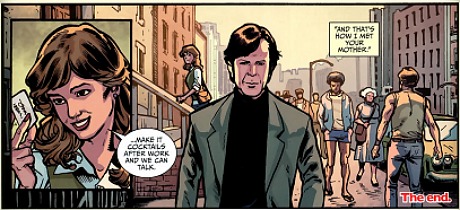Do you speak Room? Has Room lifted your heart or at the very least parted your waters? After seeing Room did you climb to the nearest rooftop in order to sing and shout for Brie Larson‘s all-but-certain Best Actress nomination? With A24 proudly releasing it today the Room Brigade, composed of journalists and industry folk who saw Lenny Abrahamson‘s film in Telluride or Toronto or in recent local screenings, will either acquire new believers this weekend or it won’t. I’m presuming that it will as Room has seemingly struck some kind of chord. Bigger than me, bigger than Hollywood Elsewhere. Who am I to stand in the way or talk shit?

I’ve declared once or twice over the last couple of weeks that I’m out of the Room discussion. I have no dog in it, no stake, nothing to prove or lose. Room will do what it will do. I only know I’m unable to connect with it save for a certain admiration for young Jacob Tremblay‘s performance (i.e., he makes the final scene work), and my attitude is basically that of Han Solo on a Millenium Falcon cruise through the solar system….”watch this!”
Han looks left as he passes by Planet Room, an ecstatic world filled with deeply moved, maternally-inspired women and feminized male critics. He can feel the passion and the delight and celebration below, but he knows this planet is not for him so he pushes on.
Han looks to his right as he passes by Planet Bridge of Spies, and again he shakes his head and goes, “A smart, decent film, okay, but a Best Picture nominee? And all because of Lou Lumenick and other guys in his corner of the room.” When Chewbecca hears the name “Lumenick” he goes “oowwwwgghhhrrrr!”





